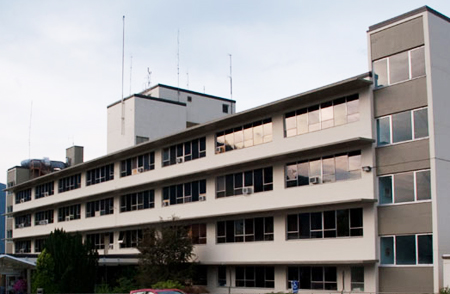Wages, worldwide technologist shortages contribute to suspended KLH service
By Timothy Schafer, The Nelson Daily
Wages offered by public health care and a worldwide shortage of ultrasound technologists has the local health district wondering how they will fill the three openings in the Kootenay Lake Hospital echocardiography service.
Thalia Vestereack, director of diagnostic imaging for Interior Health East, said Interior Health is facing huge challenges because of the worldwide shortages of ultrasound technologists.
And, although IHA offers a great benefits package, because they are regulated by the Health Sciences Professional collective agreement for all staff — including ultrasound technologists — one of the problems IH has is competing against other areas such as Alberta where they pay higher wages.
“In other countries they do pay more, and private health clinics can offer signing bonuses so it’s challenging to be as lucrative wage-wise as those other places,” she said.
Staff vacancies and an inability of the IHA to fill the positions have forced KLH into a situation where they are unable to provide regular echocardiography (heart ultrasound) services, the health authority announced last Friday.
The IHA has said “staff leaves combined with existing staffing vacancies and lack of replacements for these positions” meant as of Feb. 1 those people requiring echocardiogram scans “as needed” would have their appointments booked in at Kootenay Boundary Regional Hospital in Trail if the Nelson service was unavailable.
To attempt to fulfill the Nelson obligation at KLH, the IHA will be trying to contract ultrasound services — allowing for contracted technologists to provide additional temporary service.
The IHA is asking other health care companies and technologists to submit proposals to see what they would charge to come in and assume the workload at KLH.
“We just need to ensure that it is a cost neutral proposal for Interior Health, but recognizing we also need to ensure we keep our wait list down, that people are receiving timely care and they are getting their ultrasound exams in a timely manner,” she said.
The preference is to recruit permanent technologists, said Vestereack.
But when the second temporary technologist leaves next week — the other left last Monday — on extended leave, the department will be left without an ultrasound technologist, she said.
That situation may last only one year, said Vestereack.
“For all intents and purposes they are coming back after their leaves are over. But we are still actively recruiting for another technologist to add to our ranks.”
The department has openings for one permanent technologist and two temporary (part time) ones.
Shortage
Part of the reason for the shortage is that training schools haven’t been opening up enough seats for potential technologists.
In many fields of health care they weren’t opening up enough seats, said Vestereack.
BCIT trains ultrasound technologists in BC but have revamped their program from post diploma, requiring a background or training in anatomy or physiology, to entry level so anyone can apply.
Another reason for the shortage is the low career length of ultrasound technologists. They have a high injury rate, said Vestereack, working in a career with a repetitive strain rate.
“So a lot of techs either don’t last long in the field, or they don’t work full time to protect their bodies,” she said.

























